By Paul T. Mueller
A wake can be a mournful affair, but the mood at the Old Quarter Acoustic Café on the first day of 2023 was anything but. As they have every January 1 since 1998, talented musicians and appreciative fans gathered at the small listening room in downtown Galveston, Texas, for the annual wake to celebrate the songs of Townes Van Zandt. This year’s event featured an impressive cast of performers, both professional and amateur, each giving his or her interpretation of one or more songs, most of them either written by or written about the legendary artist.
Numerous such events are held in various locations every year, but no other has quite the same direct connection to Townes, given that this one is held in a venue once owned by Rex (Wrecks) Bell, his former bassist and running buddy. Bell, who for years played bass in Van Zandt’s band (as well as those of Lucinda Williams and Lightnin’ Hopkins, among others), and accompanied him on adventures both legal and otherwise, served as emcee of the event. He played his role with characteristic delight, telling frank stories about tour life and dredging up the kind of bad jokes his old friend was famous for.
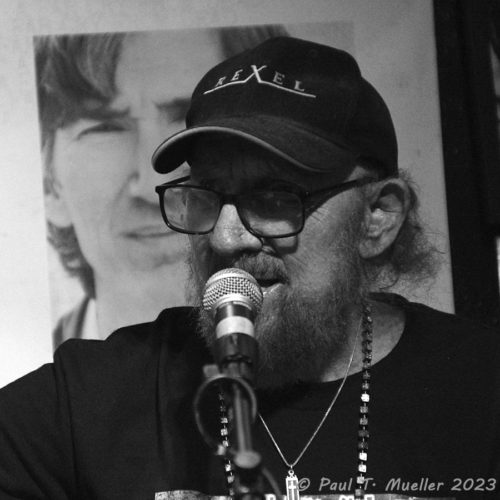
The five-plus-hour event featured 65 songs by 24 performers of varying degrees of musical ability, and every performance was received with grace and enthusiasm befitting a community of music lovers. Some of Van Zandt’s better-known songs – “White Freightliner Blues,” “To Live Is to Fly,” “Pancho and Lefty” and others – were covered more than once, proving interesting contrasts between the various renditions.
Van Zandt had his demons and many of his songs reflected his struggles with them, but the love and respect with which the performers interpreted his music infused the evening with joy, in the full sense of that word. More than a few made a point of thanking Joel and Angela Mora, who bought the Old Quarter from Bell in 2017, and Bell and his wife, Janet, who live part time on Galveston Island and maintain a connection to the venue.
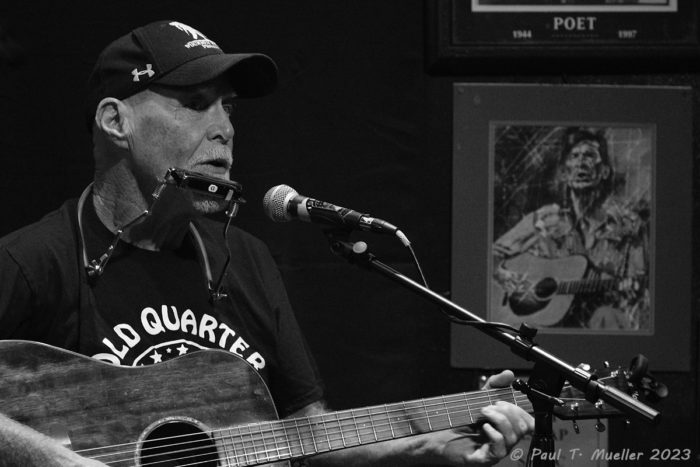
A few highlights:
- Galveston singer-songwriter Tex Renner’s gruff take on “Blaze’s Blues,” Van Zandt’s tribute to another partner in mischief, Blaze Foley
- A quiet, beautifully harmonized rendition of “White Freightliner Blues” by the Houston-area duo Grifters & Shills (John and Rebecca Stoll)
- “The Ghost of Townes,” written as a tribute to Van Zandt by Chad Elliott and performed by Tommy Lewis
- A beautifully dark trifecta of “Waitin’ Around to Die,” “Marie” and Steve Earle’s TVZ tribute “Fort Worth Blues” by Waxahachie, Texas-based Bobby Huskins
- “Rex’s Blues” by its subject, Bell, and his wife, accompanied by ace guitarist Gary Reagan. Bell, who seems to be aging in reverse, was in fine voice all night; he played using Van Zandt’s fingerpicks.
- Austin-based singer-songwriter and guitar wizard Marina Rocks’ take on the lovely “Snowin’ on Raton,” which started out quietly and built to an emotional, high-volume conclusion
- Ocala, Florida-based Chris Ryals, who took on some less-familiar Van Zandt songs – “Our Mother the Mountain,” “Tower Song” and “Colorado Bound”
- The evening’s big finale of “White Freightliner Blues” and “Two Hands,” performed by Joel and the Honey Badgers (singer/guitarist Dwight Wolf, bassist Christopher Smith Gonzalez and drummer/venue owner Joel Mora), accompanied by Wrecks and Janet, Gary Reagan and Chris Ryals.
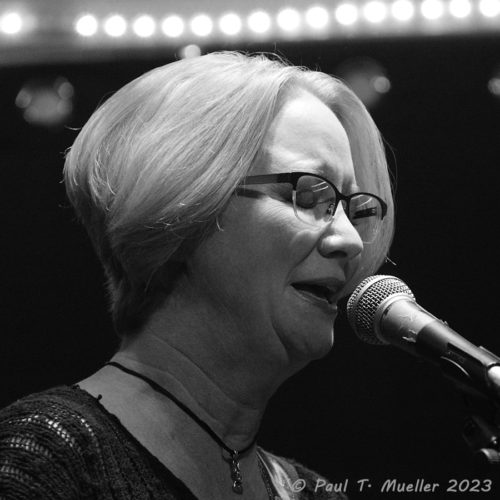
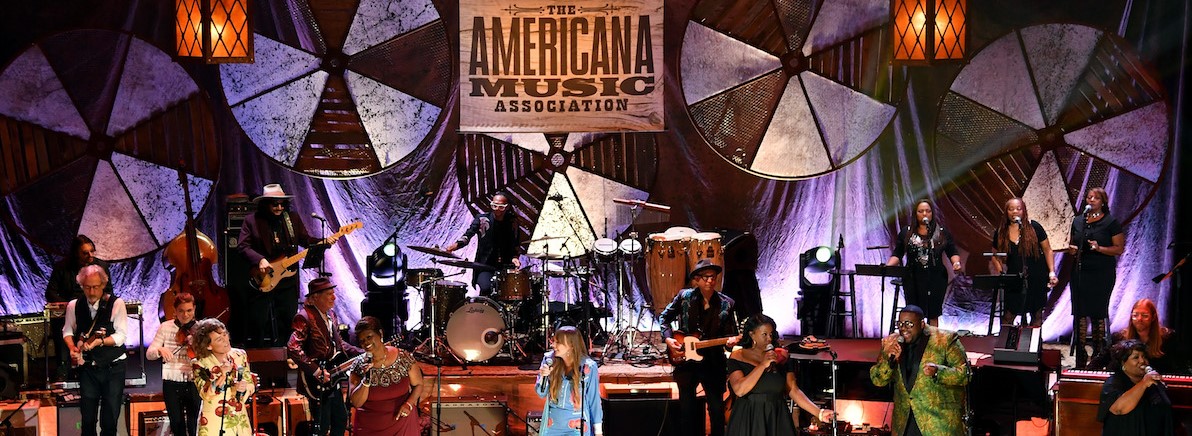
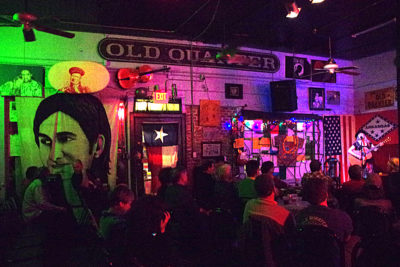
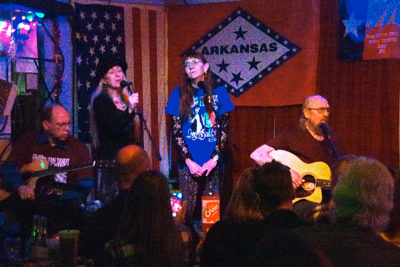
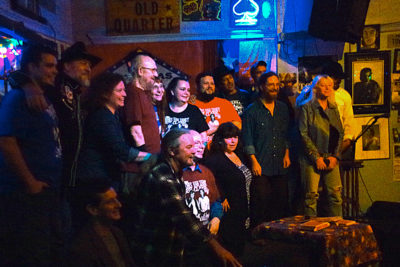
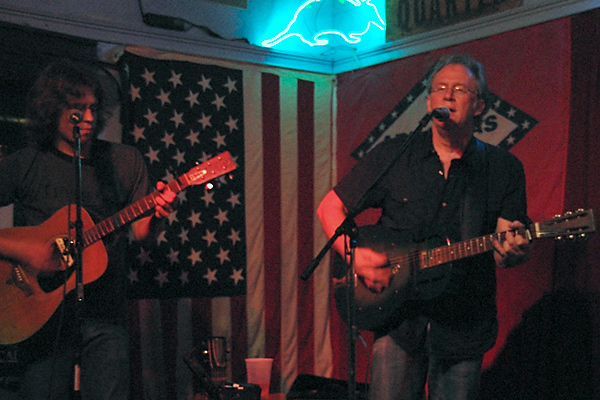
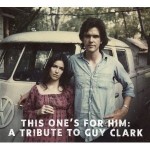 by Terry Roland
by Terry Roland